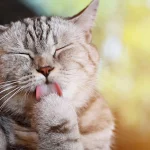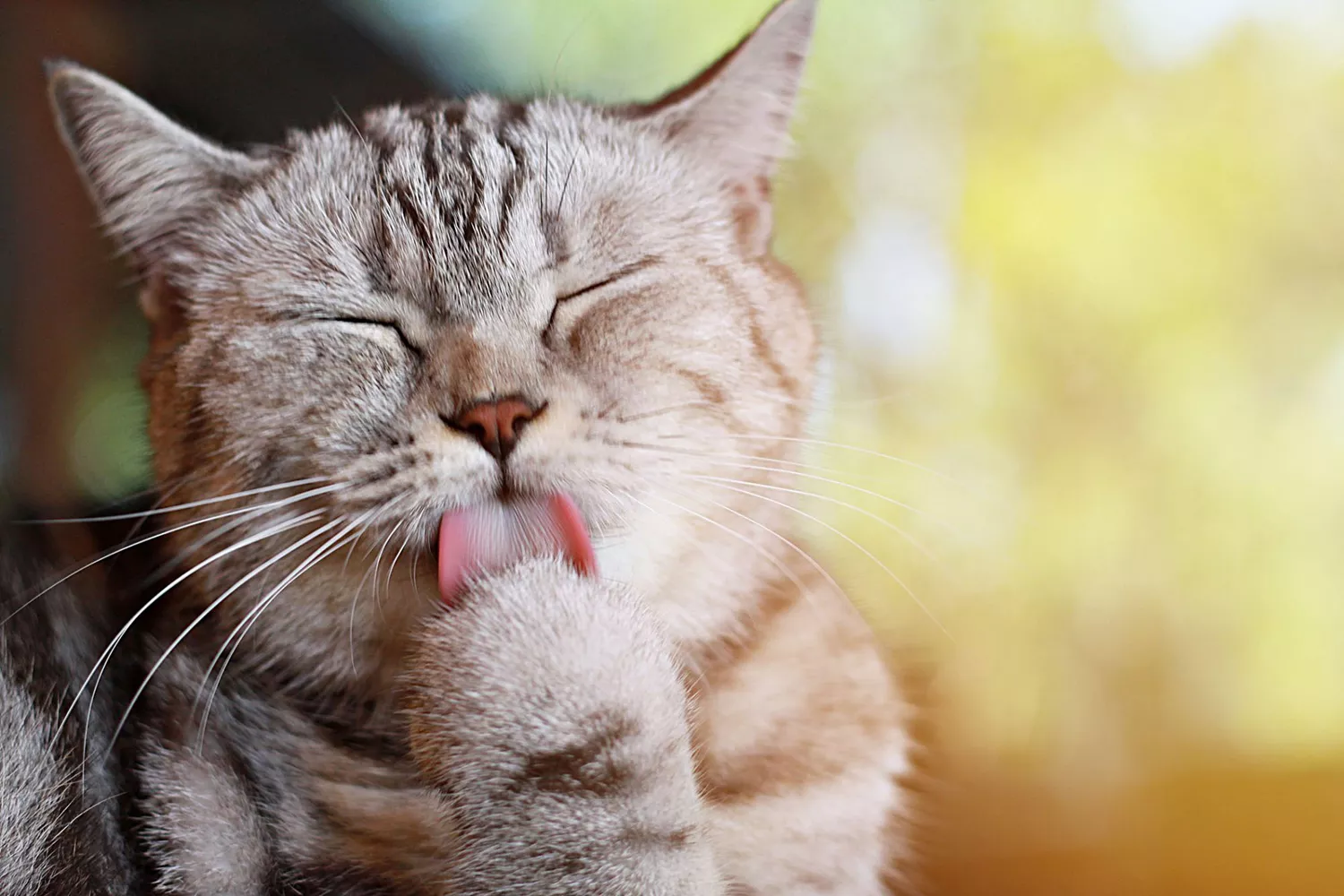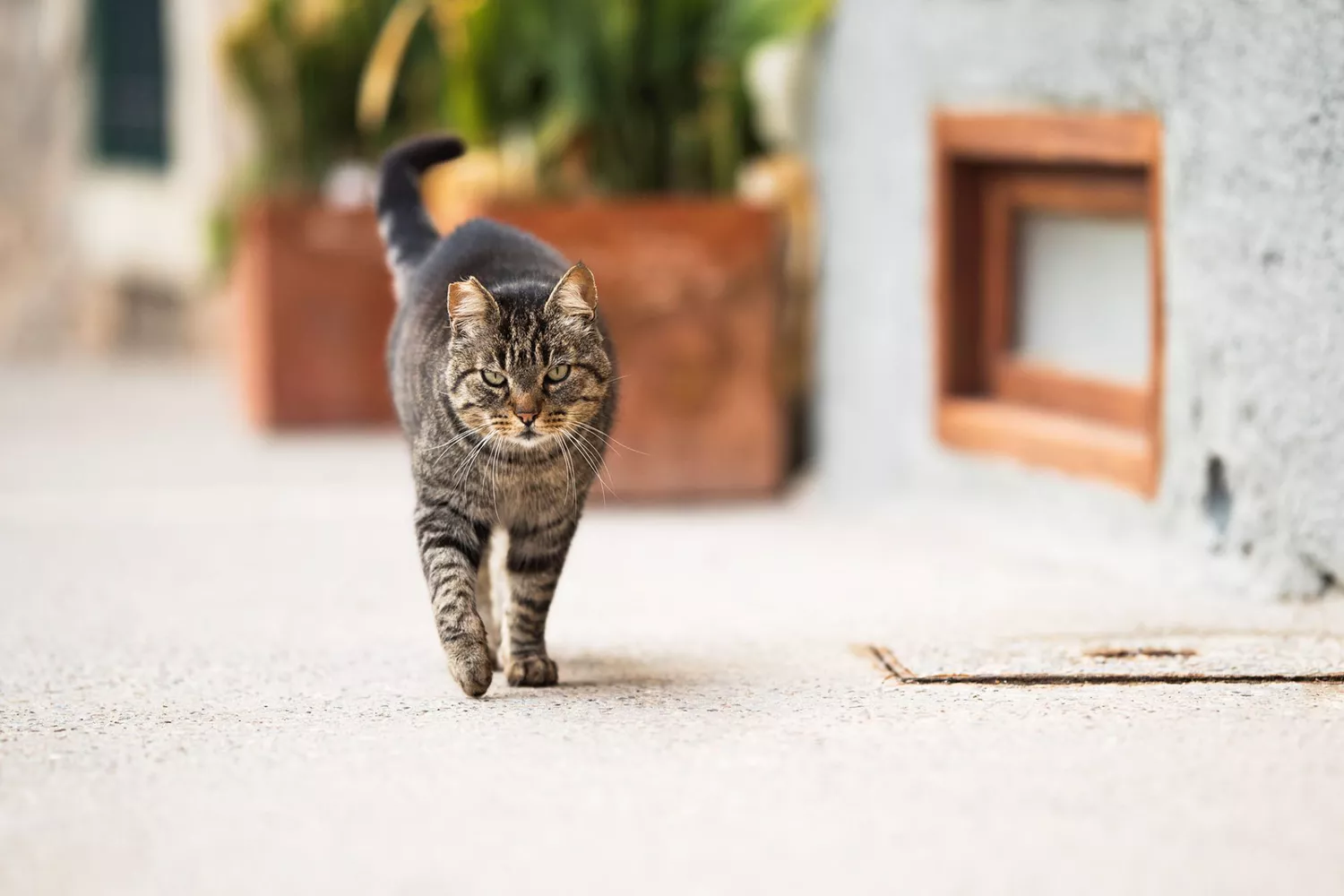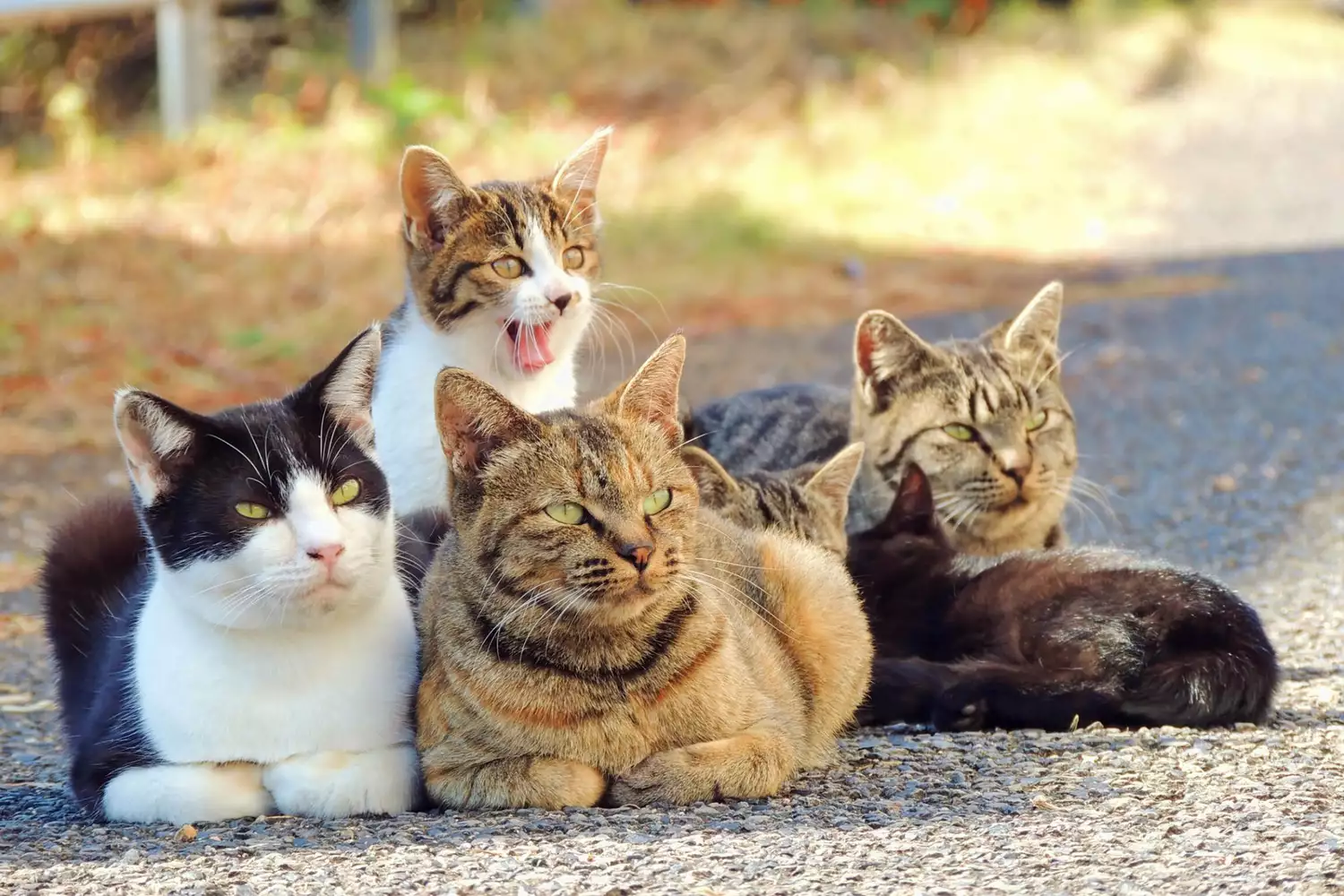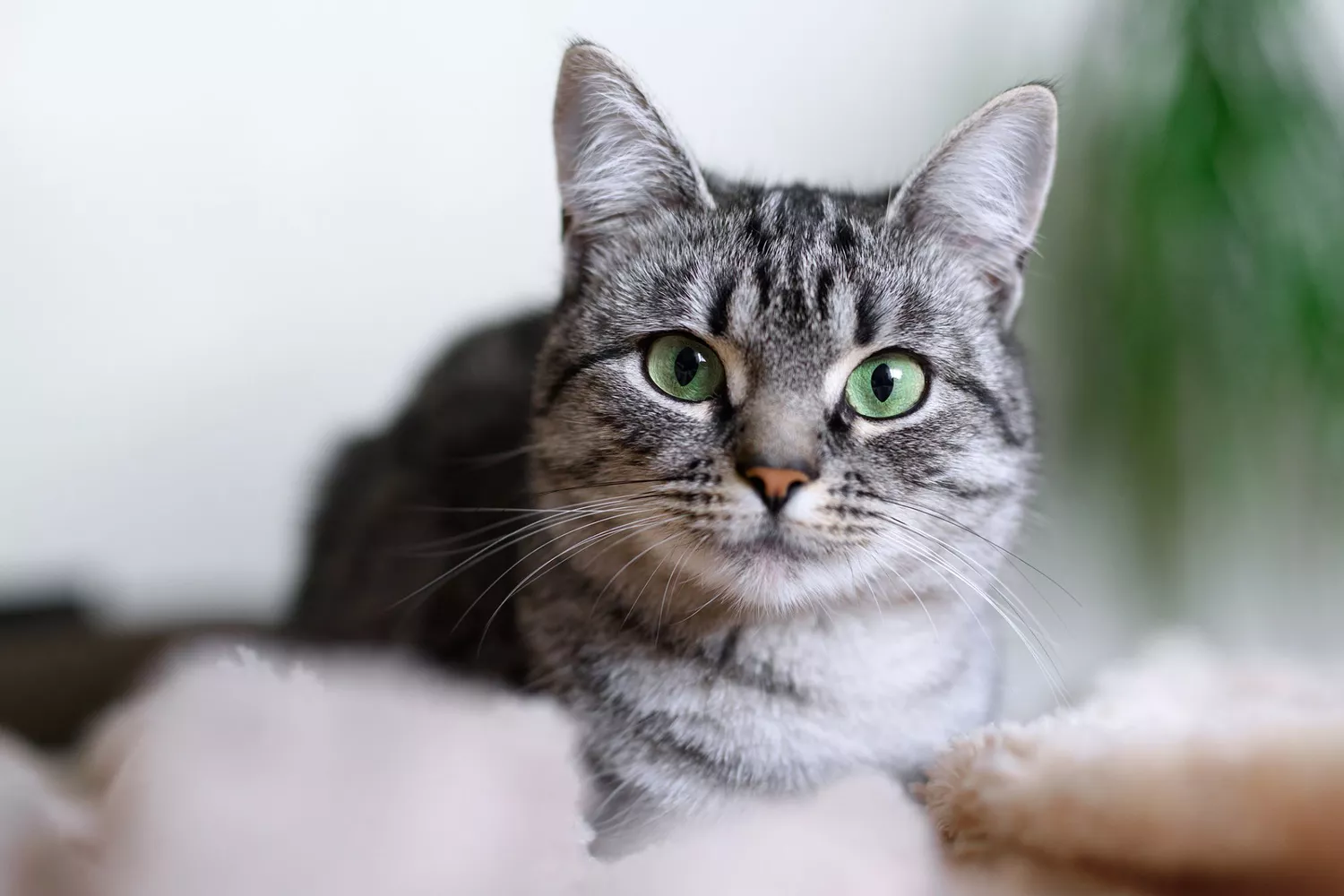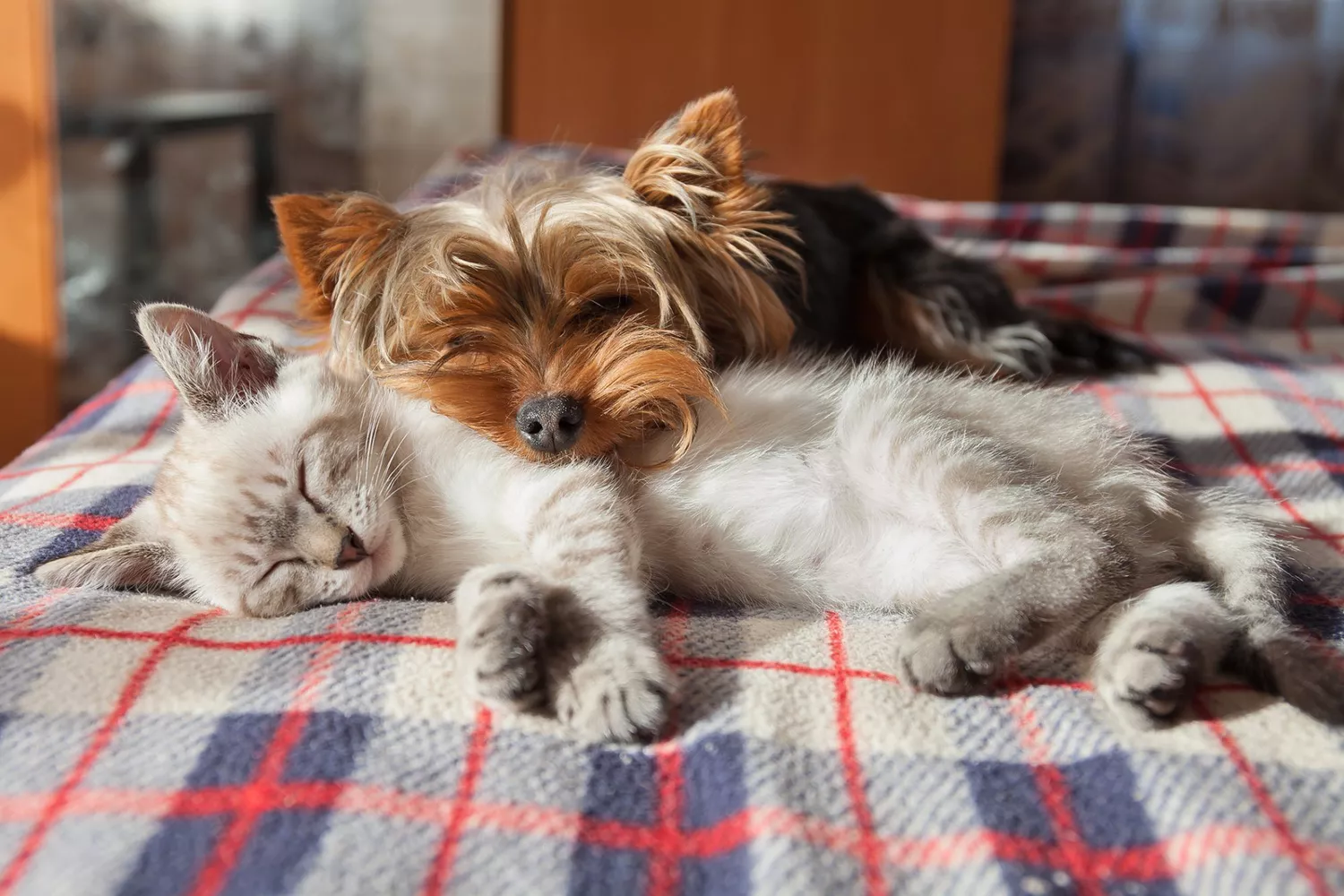
When you observe something brand-new, you might worry something is wrong. Like, do pets and felines sleep more in the winter? Thankfully, we spoke to vets to comprehend feline and canine winter sleep habits to give you peace of mind.
How Much Sleep Do Dogs and Cats Need?
According to Dr. Jeff Werber, DVM, an Emmy acclaimed veterinarian and consultant for Fi, many adult dogs sleep anywhere from eight to 14 hours a day. “While humans just need 7 to 9 hours, the average is 11 hours of sleep for adult canines,” he explains. “Meanwhile, young puppies and senior pet dogs will invest anywhere from 18 to 20 hours a day sleeping.”
Cat sleep patterns are somewhat different than doggos. As Werber describes, felines invest around 70 percent of their lives asleep, and much of this is through numerous cat naps. In everyday numbers, this relates to 18 hours of sleeping daily for more than 40 percent of cats.
Pups will tend to sleep in longer stretches, Werber states cats will go through several times a day where they will be asleep in much shorter spurts. “These cat naps balance an hour and a quarter in length varying anywhere from 15 to 100 minutes,” he explains. Though human beings have a body clock where we sleep in the evening and remain awake during the day, pets typically match this pattern; cats are the opposite.
Werber states cats are crepuscular, implying they have 2 peaks of activity: One in the morning before daybreak and one at night before sundown, which suggests they’re often up at night. “This is because of their predatory nature– felines would do a lot of searching in the day and night, and early morning and early evening is when they had a possibility to sleep,” he includes.
Do Dogs and Cats Sleep More in the Wintertime?
Werber states pet dogs and cats are most likely to sleep a little bit more in the winter. And the majority of this is because of the same sorts of reasons humans are less active: they’re cold! “They’ll look for a comfortable blanket to cuddle up with and a warmer location to sleep. If they can’t find an external source of warmth, they may require to move around to warm up,” he explains.
You may question if your puppy is designed for freezing temperature levels– like a husky, a malamute or a Samoyed– do they still require more sleep? “At the end of the day, this makes them want to sleep more,” he adds.
Felines will also catch more Zzz’s for the very same reason, however likewise, traditionally, the winter season suggested less searching, so they start to conserve their energy a bit, he keeps in mind.
Can Dogs and Cats Get Seasonal Depression or Cabin Fever?
Animals can grow agitated when they’re inside more typically than other months. Less time going after balls (or let’s be real: squirrels) and going on experiences can make them feel some sort of seasonal anxiety.
“Even though canines may sleep half of their life, the staying 50 percent of the day isn’t all active. Pets usually chill 20 to 30 percent of the day when they’re awake,” Werber says.
The concern comes when pets can’t be encouraged to move at all, that’s a signal that there may be an issue. As Werber states, when you keep in mind that those patterns have altered, it might necessitate a comprehensive exam by your vet.
“Irregular sleep patterns might be indications of diabetes, hyperthyroidism, or heart disease in which they are not pumping enough oxygen supply to the brain,” he continues. “Arthritis might likewise increase sleep as it makes it unpleasant for family pets to move.”
For cats, hypothyroidism, a condition where the thyroid doesn’t develop and launch sufficient thyroid hormonal agent into the bloodstream, might trigger lethargy and increased sleep, Werber cautions. Hyperthyroidism is really typical in older felines, and they may end up being excessively excitable. You might observe them eating more but still slimming down.
How to Make Sure Your Dog or Cat Isn’t Sleeping Too Much
It’s important to bear in mind that as a pet parent, you understand your animal the very best, so if you see that their regular activity is being changed by more sleep, or that they seem less energetic than average, it might be a sign that something is incorrect, states Michelle Lugones, DVM, a veterinarian for Best Friends Animal Society. However, this does include an essential caution: consider the context of the scenario.
“If an animal is on a medication that can cause drowsiness, you might see them sleeping more. If your pet has been through a demanding experience such as just returning house from being hospitalized for a disease, your pet likely needs time to recover and get their strength,” she continues. Or, on a less serious note, if your animal had an extensive play or exercise session, they might sleep a little longer than usual after that.
With pet dogs and cats, restless and decreased sleep can take place when they aren’t getting enough stimulation. If you’re delighting in Netflix binges rather than taking yourself for a walk (and hence, bringing your dog for the journey), they aren’t receiving as much attention as they do when the weather is warmer.
With cats particularly, Werber states they might keep you up during the night due to the fact that you didn’t take time to play with them during the day. As much as you can, try to book a solid 20 to 30 minutes of active play with your family pets indoors during the coldest months of the year. This will assist to warm up their muscles and keep them moving.
Vitamin D can likewise be essential. And while vets state a supplement isn’t essential, wrapping to brace the temperature levels when the sunlight is out could be valuable to you and your animal. Getting your kitty to lay in the window might take some convincing, however some thoroughly placed treats can assist significantly.
The greatest test to understand if your pet’s winter season sleeping habits are something to stress about or not is tied to necessary functions. Lugones says your puppy or cat must be easily woken up from their sleep, and they must consume their food as typical. If it takes you a very long time to motivate them to leave their slumber or to have an interest in their kibble, seek the suggestions of your regional veterinarian. Otherwise? Let them delight in a long winter season’s nap– and maybe, have one yourself, too!


